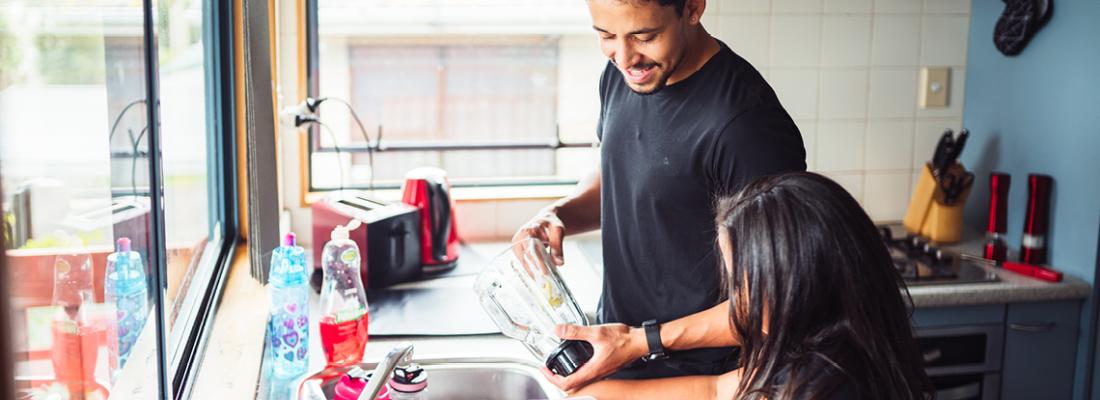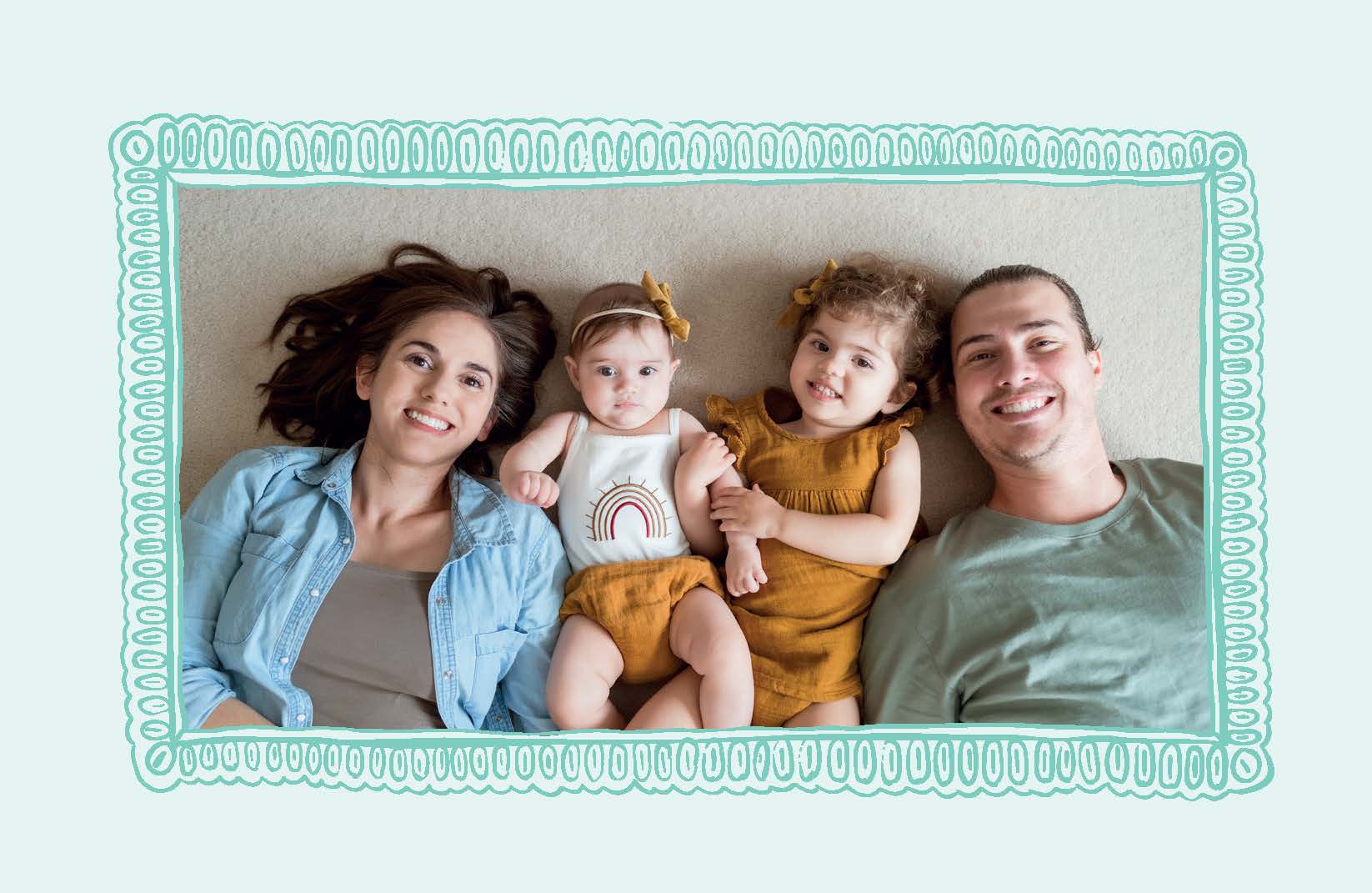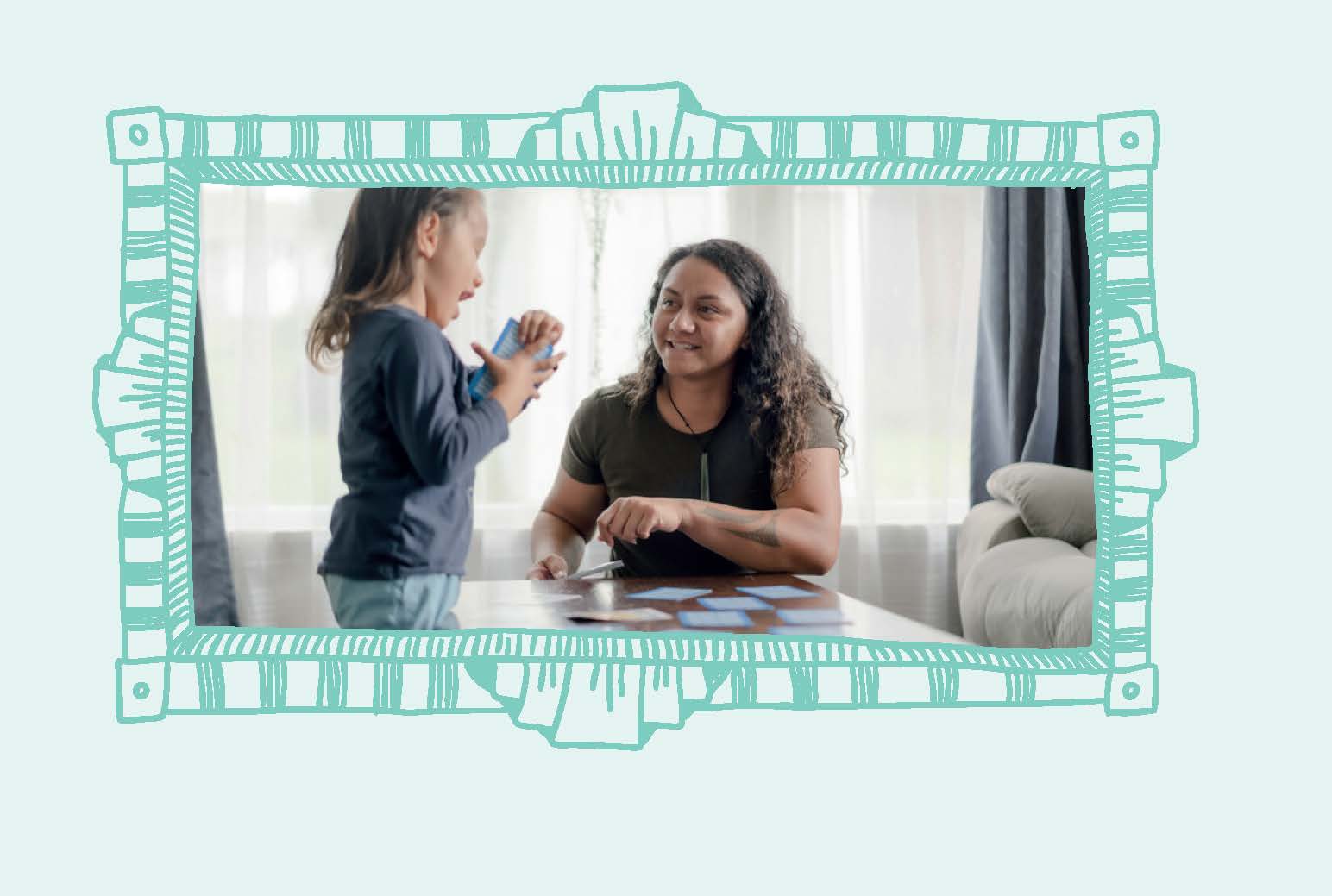Real Stories

Quotes from the people your donations helped. Read how your support has changed their lives.

Recently, a Dad shared the following feedback, after we were able to offer the family practical support.
“ You provided us with food, toiletries, baby supplies and petrol vouchers which helped alleviate our overheads and assisited me in travelling to find potential employers.
I am now in a stable job and can once again provide for my family, all thanks to you and The Salvation Army. Your assisitance will never be forgotten."

Whānau support and wraparound care gives parents the tools to deal with their emotions so they can support their children.
“ We have six children and some have disabilities so one of us needs to be home and only one can work.
We constantly struggle to afford food especially for our ever-hungry teens. Without the help of The Salvation Army, I don't think the family would be on the positive path we're on now.
They've been there for us during our toughest times."

Back-to-School support can mean all the difference helping children look forward to learning and disolving worry.
“ My teenage son was getting stressed beacuse you are not allowed to wear non-uniform items and he kept having his jacket taken away.
On top of this his Chromebook had broken and he was going to the library to hire out the school one. He felt singled out and hassled.
With a new school jacket and a new Chromebook, he is enjoying school again."
By investing in our tamariki and their whānau now we are ensuring quality outcomes for them in the future. Our focus on whānau is so important as it tackles generational hardship, ensuring the changes are long-lasting.
